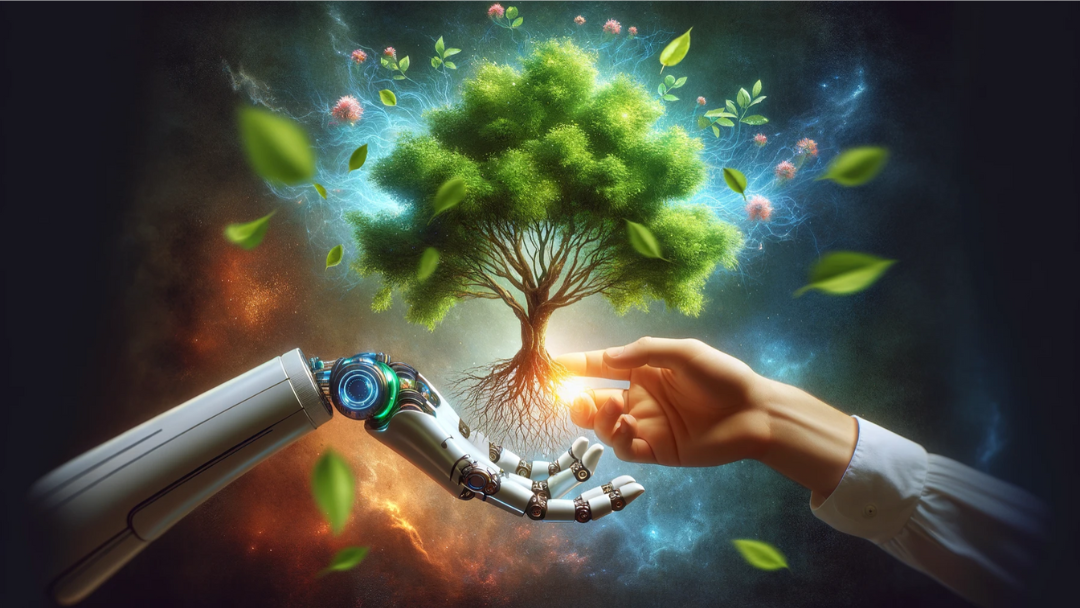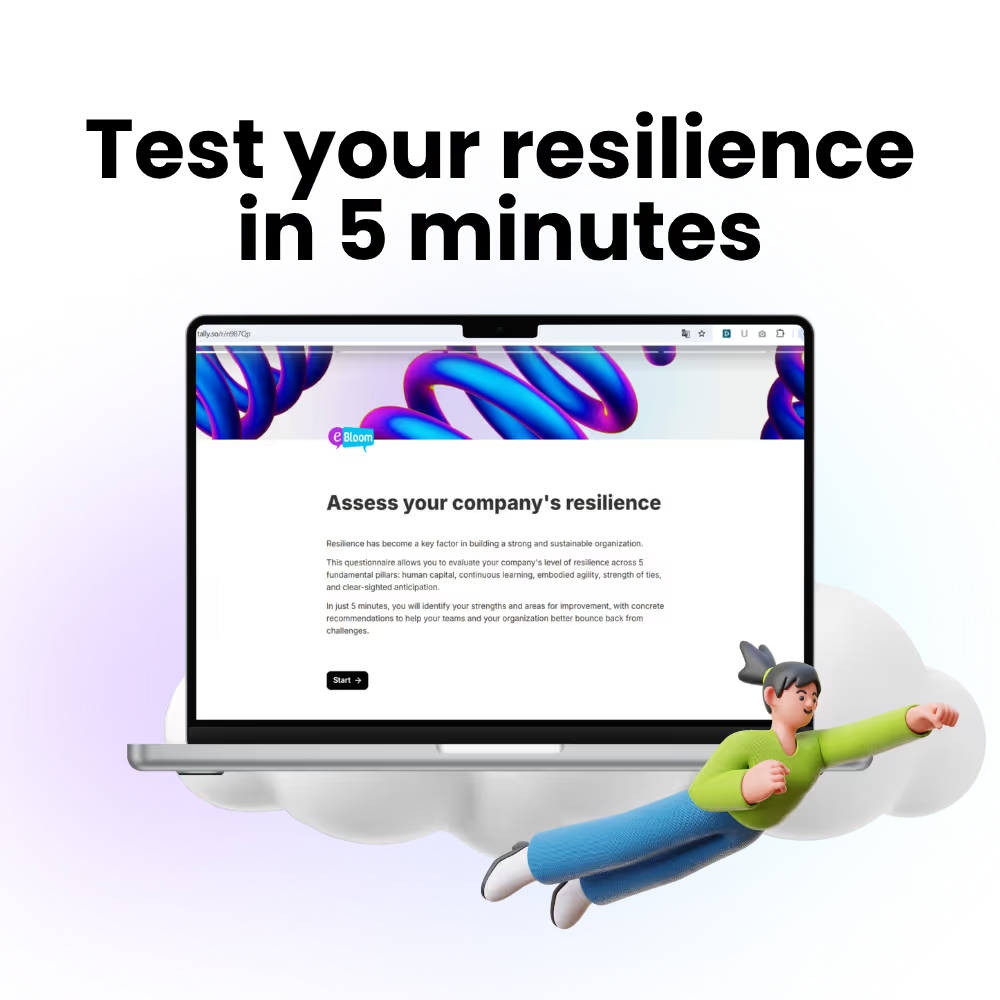
Just a few years ago, artificial intelligence (AI) in human resources seemed like something from the future. Today, it’s well and truly here, and it's profoundly changing the way HR works. Gone are the days when AI was only used to automate a few tasks; now, it helps make better decisions, personalizes the employee experience, and frees up time for what truly matters: people.
Thanks to technological advancements, HR's mission is evolving from daily operational management to a strategic role that drives innovation and engagement.
But what is the real state of AI adoption in HR? And more importantly, what does it change for you and your teams on a daily basis?
AI is progressively establishing itself as an increasingly present ally in HR departments.
According to the OpinionWay / Kelio barometer (February–March 2025), the daily use of AI by HR managers has simply tripled in one year: from 9% in 2024 to 28% in 2025.
While this is impressive, there is still a long way to go: 60% remain reluctant, as trust can sometimes be fragile. 54% say they are skeptical, and 27% even claim to have completely lost confidence (ActuIA).
The "AI at Work 2025" report from Globalization Partners offers another perspective: in the United States, 82% of HR professionals consider AI essential to their company's success. And the good news is, among those who already use it, 91% plan to increase their usage in the coming months.
This trend confirms that AI is no longer a gimmick or a minor tech add-on: it's becoming a strategic priority. Nearly half of the professionals surveyed state that its adoption is a higher priority than it was a year ago (SHRM).
In short: we are past the early stages. AI is starting to find its place in HR, but its potential is still far from being fully exploited.
In practice, AI is already present at almost every stage of the employee lifecycle:
What's striking is that AI is no longer just about "saving time"; it's becoming a tool for steering and decision-making. It allows HR to spend less time on administrative tasks and more on what truly creates value: supporting, developing, and engaging employees.
In summary, AI does not replace the human touch; it strengthens it by helping HR understand faster and act more accurately.
AI isn't just a matter of modernity or work comfort; it also has a direct impact on the economic performance of HR teams and the company as a whole.
According to a study conducted by Personio, 93% of HR managers who already use AI tools believe that these solutions contribute to cost savings (UNLEASH).
And these savings don't just appear out of thin air:
The "AI at Work 2025" report confirms that the benefits are not limited to costs: for many leaders, AI also opens up new sources of revenue. For example, by identifying previously underutilized internal talent or by accelerating the market launch of innovative projects through better resource planning.
There's a lot of talk about AI's potential, but trust remains a sensitive issue.
The "AI at Work 2025" report reveals that only 3% of companies would be willing to let AI make all the decisions, proving that human oversight remains essential.
This caution is not a hindrance; it's a strength. It is driven by three major challenges:
It's no surprise, then, that 92% of companies require validation before adopting a new AI tool.
However, one figure is startling: 35% of leaders admit they would use an unauthorized tool if they thought it could improve their results. This is a risky gamble, with real potential consequences for security, compliance, and brand image.
In the most advanced organizations, trust is also built through training. Training HR teams to understand the limitations, identify biases, and maintain human control over decisions is now a mandatory step.
Not all HR teams are moving at the same pace in adopting AI. According to a study by AIHR (Academy to Innovate HR) based on a survey of over 1,500 HR professionals, four typical profiles emerge:
💡 Why is this important? Identifying your profile (and that of your teams) allows you to implement the right support to move to the next level and unlock the full potential of AI.
For a long time, HR was seen as cautious about technological innovations. Today, they are clearly taking the lead.
The "AI at Work 2025" report shows that, in some sectors, HR is even ahead of other departments in AI adoption.
And it’s not just about tools. It's a real ability to integrate AI into the company's overall strategy. By automating contract management, compliance, or performance tracking, AI frees up valuable time. This time can then be invested where it matters most:
The result: the "Future HR Leader" becomes a true strategic partner, capable of:
"AI doesn't replace humans in HR; it makes them even more essential."
AI is no longer a futuristic gadget in HR; it's here, and it's redefining the role of the HR function. More than just a time-saver, it opens up new perspectives to better understand, anticipate, and act, all while reinforcing the central role of people in decision-making.
But this revolution will only be meaningful if it is accompanied by trust, ethics, and intelligent data management. AI should not decide for HR; it should empower them to inform their choices and amplify their impact.
At eBloom, we share this vision. That's why we are preparing to integrate AI into the heart of our solution, to make it a true HR co-pilot: capable of analyzing your dashboards, deciphering signals from the field, and suggesting actions that will make a difference for your teams. Stay tuned... the future of HR is coming to eBloom.
📅 Want to see what this could change for you? Request a demo now and discover how to combine human and artificial intelligence to boost your HR.
Passionate about the topic? Discover how our CEO, Margot, discusses the "finesse of AI" at the service of people and employability in this article from Trends-Tendances.

.avif)



